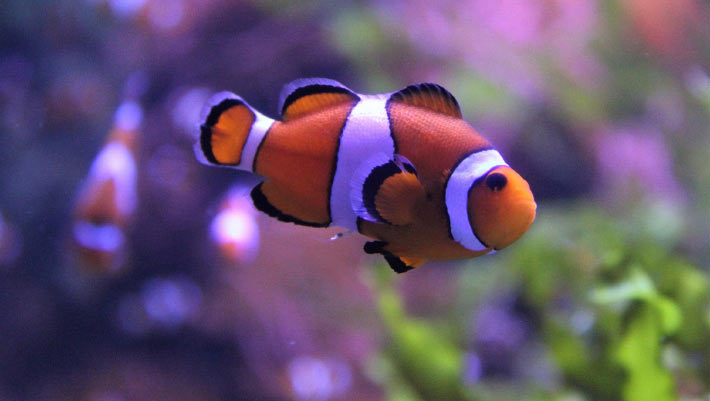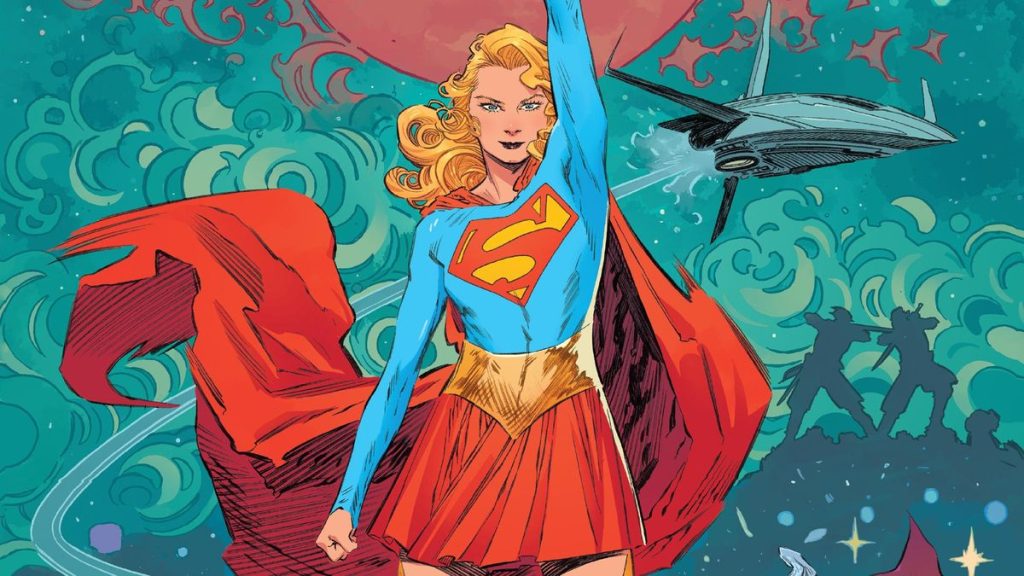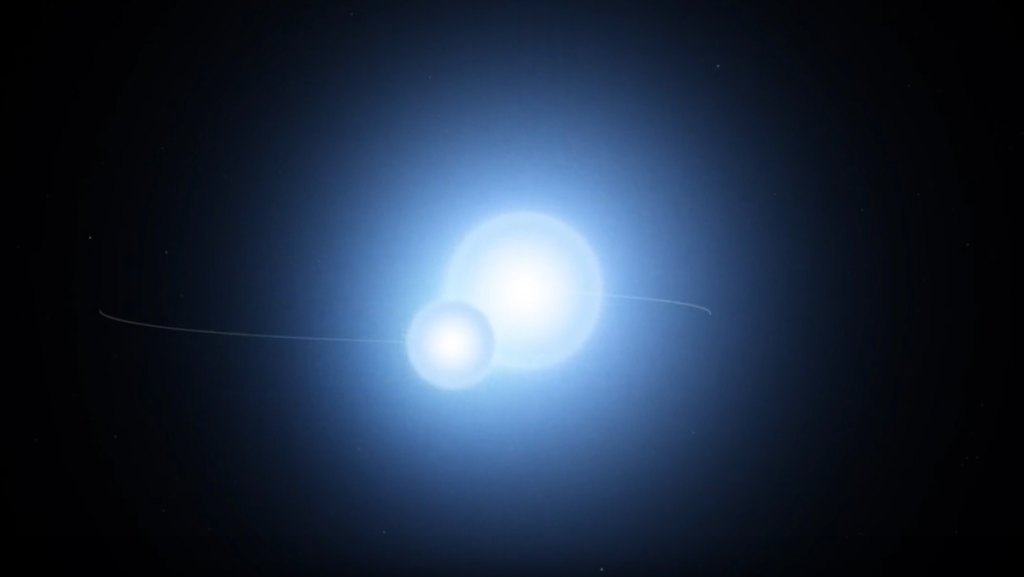Recognizable from the starring role in the film ‘Finding Nemo,’ the clown anemonefish (Amphiprion percula) also shrink in order to avoid social conflict, according to a paper published in the journal Science Advances.
Versteeg et al. investigated the growth of individual clown anemonefish during a marine heatwave. Image credit: Beatriz.
“The clown anemonefish and their magnificent sea anemone hosts, Radianthus magnifica, present an opportunity to investigate how challenging environmental and social conditions might interact to influence growth,” said lead author Melissa Versteeg, a Ph.D. researcher at Newcastle University, and her colleagues.
“Anemonefish live on Indo-Pacific coral reefs, where heat stress events are increasingly common and severe, while reef inhabitants often live close to their thermal tolerance limits.”
“These heat stress events can have negative effects on anemones and their resident anemonefish.”
“Clown anemonefish live in social groups, composed of a breeding pair with a dominant female and subdominant male, and a small number of subordinate nonbreeders.”
“The growth and size of clown anemonefish is related to environmental and social conditions: dominant fish grow to match the size of their anemone and, presumably, the resources available to them; subordinate fish grow to maintain a specific size ratio with respect to their immediate dominant, thereby avoiding conflict and eviction.”
In the study, Versteeg and co-authors measured the length of 134 clownfish every month for five months, and monitored the water temperature every 4-6 days, during a marine heatwave which are becoming increasingly common as a result of climate change.
The work was conducted in collaboration with Mahonia Na Dari Conservation and Research Centre, in Kimbe Bay, Papua New Guinea.
The results reveal the remarkable ability of clownfish to shrink, i.e. they can get shorter, in response to heat stress.
Shrinking increased individuals’ chances of surviving the heat stress event by as much as 78%.
The study also shows that coordination is important for clownfish, as they have a higher chance of surviving heatwaves when they shrink alongside their breeding partner.
This is the first time that a coral reef fish has been shown to reduce the length of their body in response to environmental and social conditions.
“This is not just about getting skinnier under stressful conditions, these fish are actually getting shorter,” Versteeg said.
“We don’t know yet exactly how they do it, but we do know that a few other animals can do this too.”
“For example, marine iguanas can reabsorb some of their bone material to also shrink during times of environmental stress.”
“We were so surprised to see shrinking in these fish that, to be sure, we measured each fish individual repeatedly over a period of five months.”
“In the end, we discovered it was very common in this population.”
“During our study, 100 fish shrank out of the 134 fish that we studied.”
“It was a surprise to see how rapidly clownfish can adapt to a changing environment and we witnessed how flexibly they regulated their size, as individuals and as breeding pairs, in response to heat stress as a successful technique to help them survive.”
The authors also highlight that individual shrinking might explain the rapidly declining size of fish in the world’s oceans.
“Our findings show that individual fish can shrink in response to heat stress, which is further impacted by social conflict, and that shrinking can lead to improving their chances of survival,” said Dr. Theresa Rueger, also of Newcastle University.
“If individual shrinking were widespread and happening among different species of fish, it could provide a plausible alternative hypothesis for why the size many fish species is declining and further studies are needed in this area.”
_____
Melissa A. Versteeg et al. 2025. Individual clown anemonefish shrink to survive heat stress and social conflict. Science Advances 11 (21); doi: 10.1126/sciadv.adt7079

























